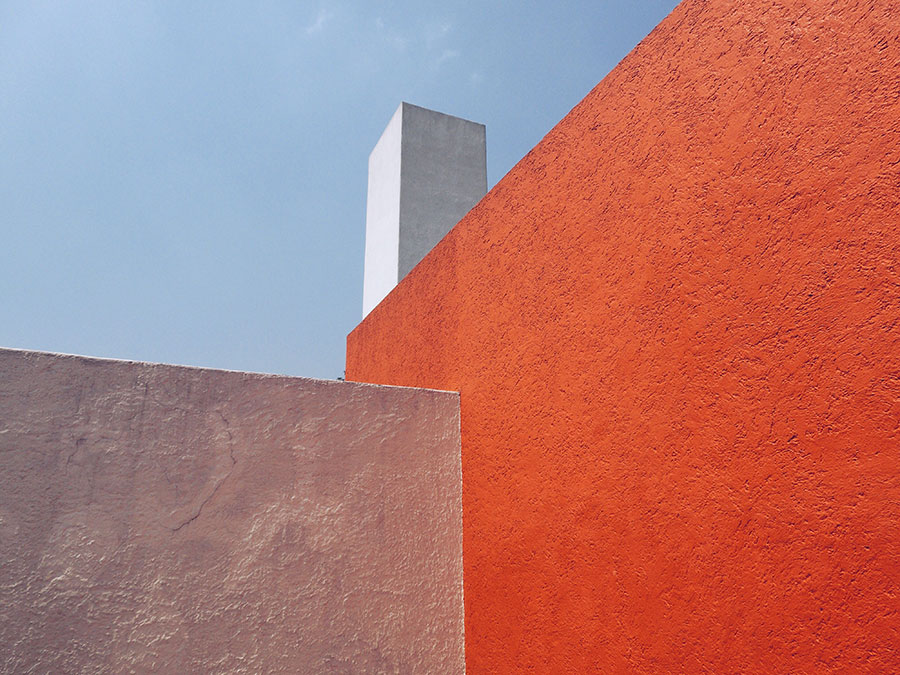Elefsina, a small town in Attica, Greece, was chosen as the European Capital of Culture in 2021 for its rich cultural history and vibrant artistic community. The European Capital of Culture is a prestigious title awarded to a city or town by the European Union, recognising its cultural heritage and contemporary art scene. Elefsina’s designation as a European Capital of Culture has brought new opportunities for cultural exchange and growth and has led to the organization of many new cultural events and festivals.
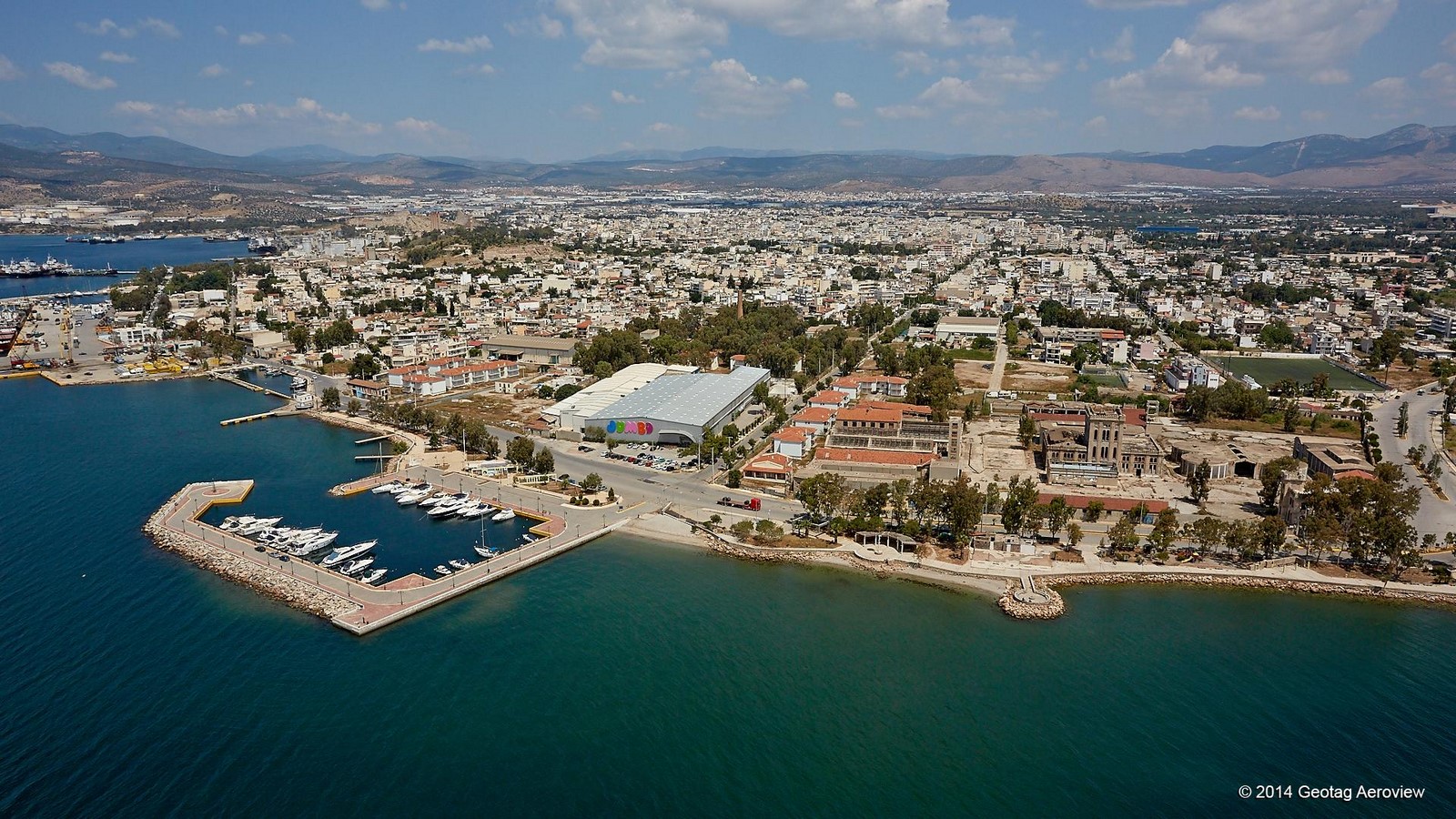
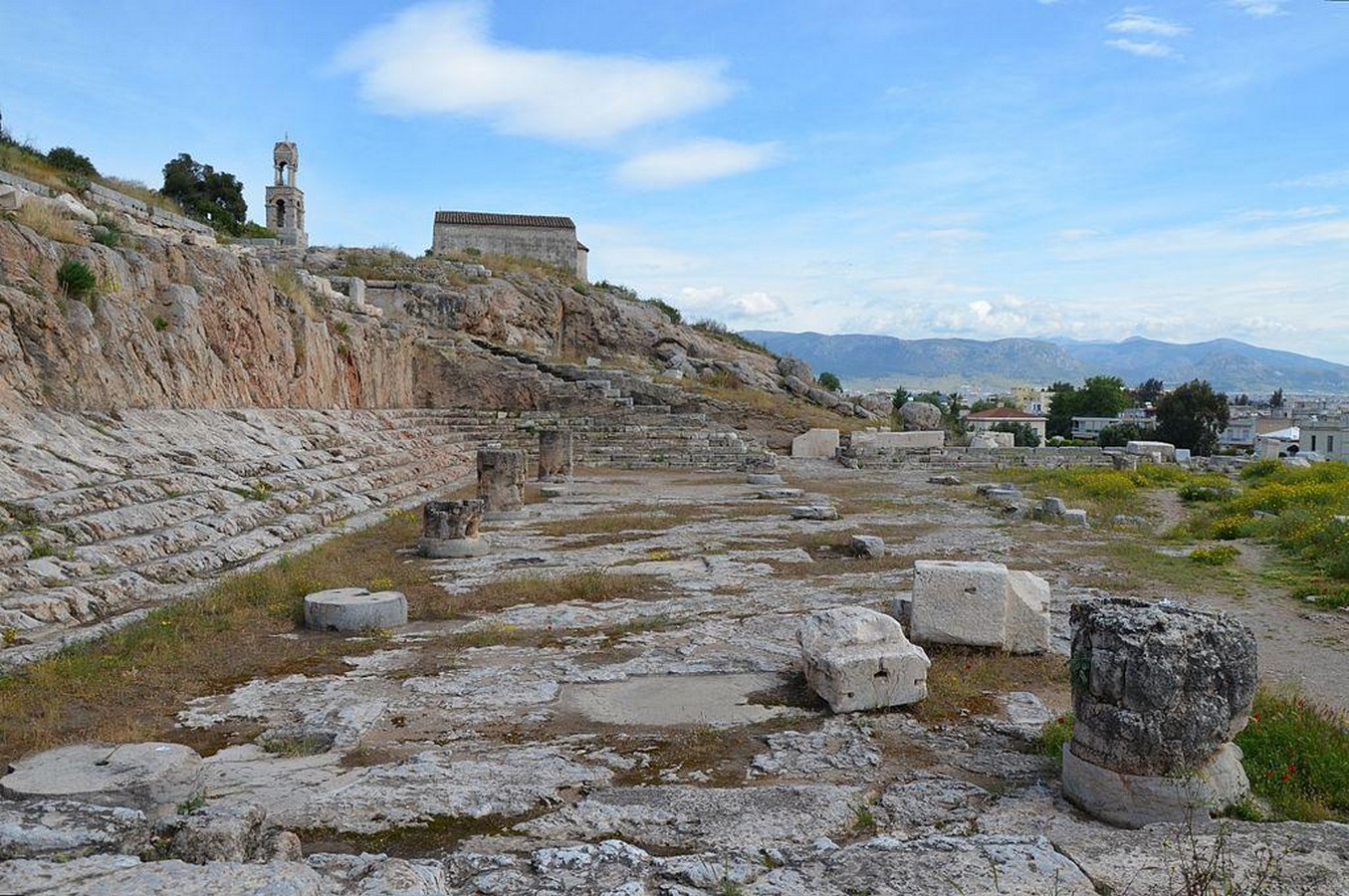
Contemporary Art Scene in Elefsina | Elefsina Greece
In addition to its rich history, Elefsina has a thriving artistic community that draws inspiration from its cultural traditions. The Eleusis Cultural Center is the main venue for cultural events and performances in the town and hosts a variety of concerts, theater productions, and art exhibitions throughout the year. The center showcases the work of local and international artists and is a hub for cultural exchange and collaboration.
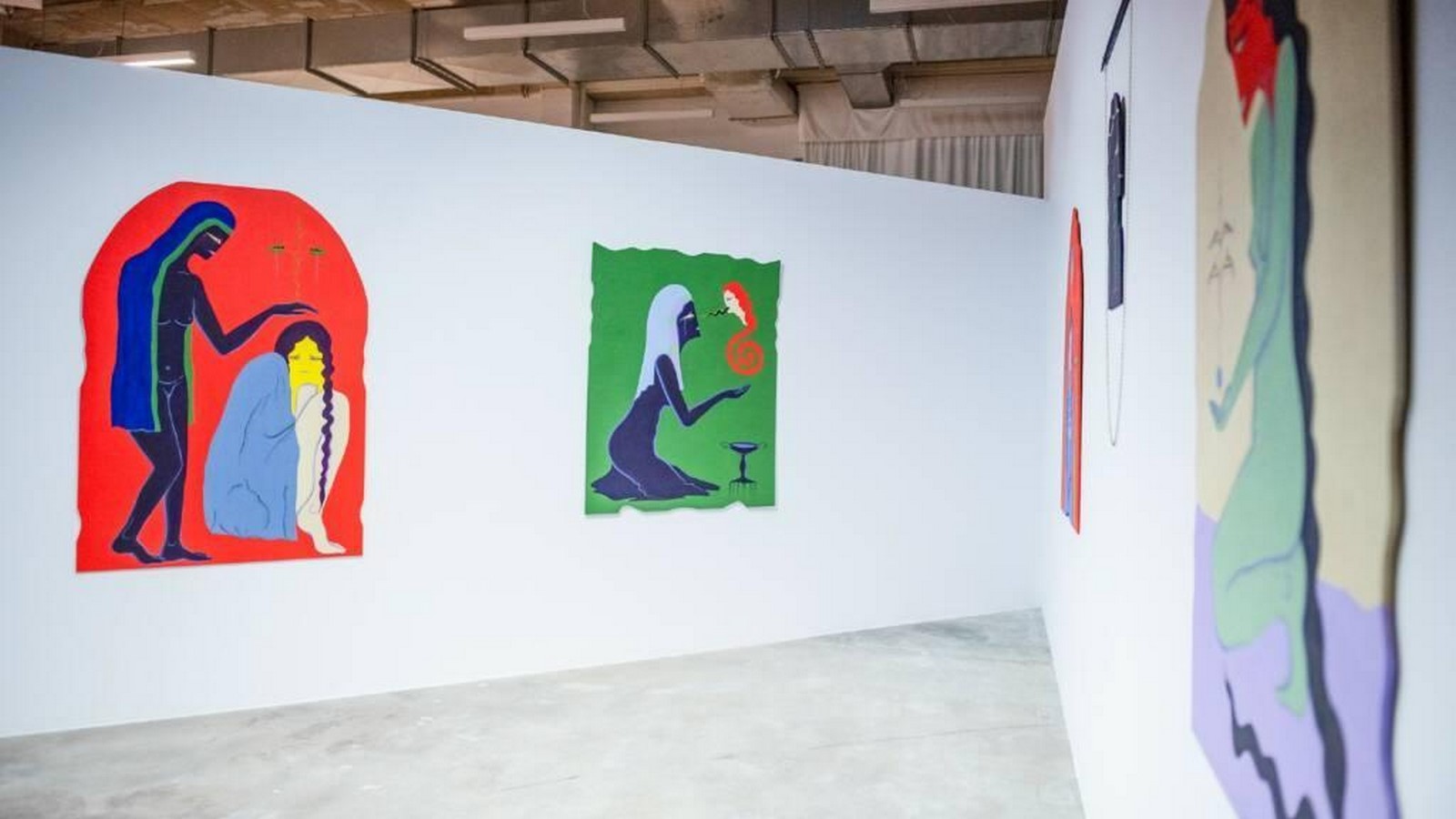
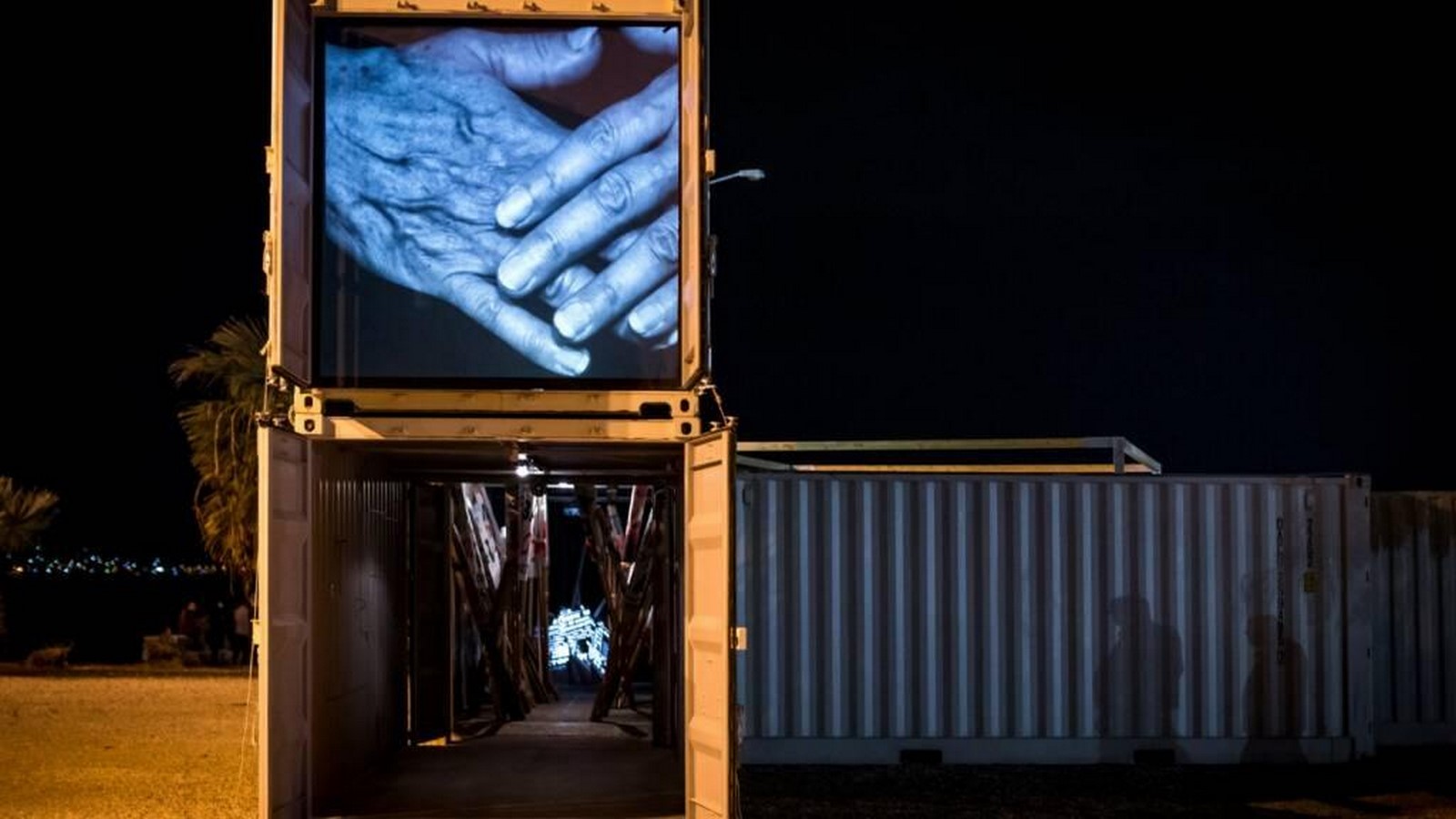
The History and Archaeological Heritage of Elefsina
One of the main reasons why Elefsina was chosen as the European Capital of Culture is its rich cultural history and archaeological heritage. Elefsina was one of the most important religious centers in ancient Greece, known for its mystical rituals in honor of the goddess Demeter and her daughter Kore. The Sanctuary of Demeter and Kore is a complex of buildings and temples dedicated to worshiping these deities, considered one of the most important archaeological sites in Greece. The Eleusinian Mysteries were secret religious rituals held in honor of Demeter and considered the most important and sacred of all ancient Greek religious ceremonies. The rituals were held in Elefsina and attracted pilgrims from all over Greece.
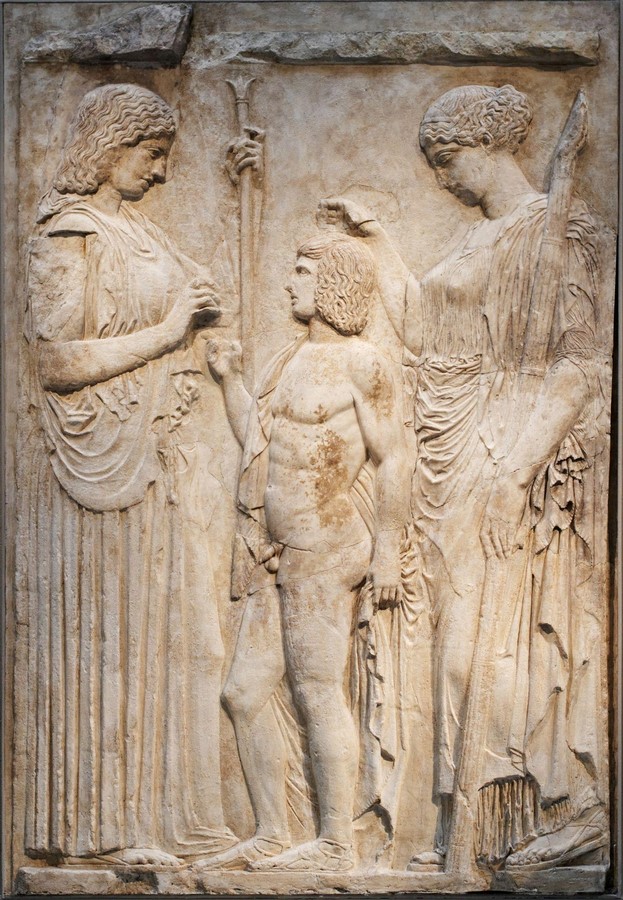
Today, visitors to Elefsina can still explore the ancient town’s rich history and cultural heritage. The Sanctuary of Demeter and Kore is open to the public, and visitors can explore the ruins of the temples and buildings that were once part of the religious complex. The site is a must-see for anyone interested in ancient Greek history and mythology.
Cultural Events and Festivals in Elefsina
Elefsina’s artistic community is known for its diversity and inclusiveness and attracts artists worldwide. The town’s designation as a European Capital of Culture has only strengthened its artistic community and led to the organization of many new cultural events and festivals. One of the most important festivals is the “Aeschylia Festival,” an annual international theater festival in September. The festival features performances of ancient Greek tragedies by theater groups from all over the world. It celebrates the work of the ancient Greek playwright Aeschylus, born in Elefsina.
The “Aeschylia Festival” is an important part of Elefsina’s cultural heritage and testament to the town’s continued relevance and significance in art and culture. The festival attracts thousands of visitors each year and is a testament to the town’s ability to attract and inspire artists worldwide.
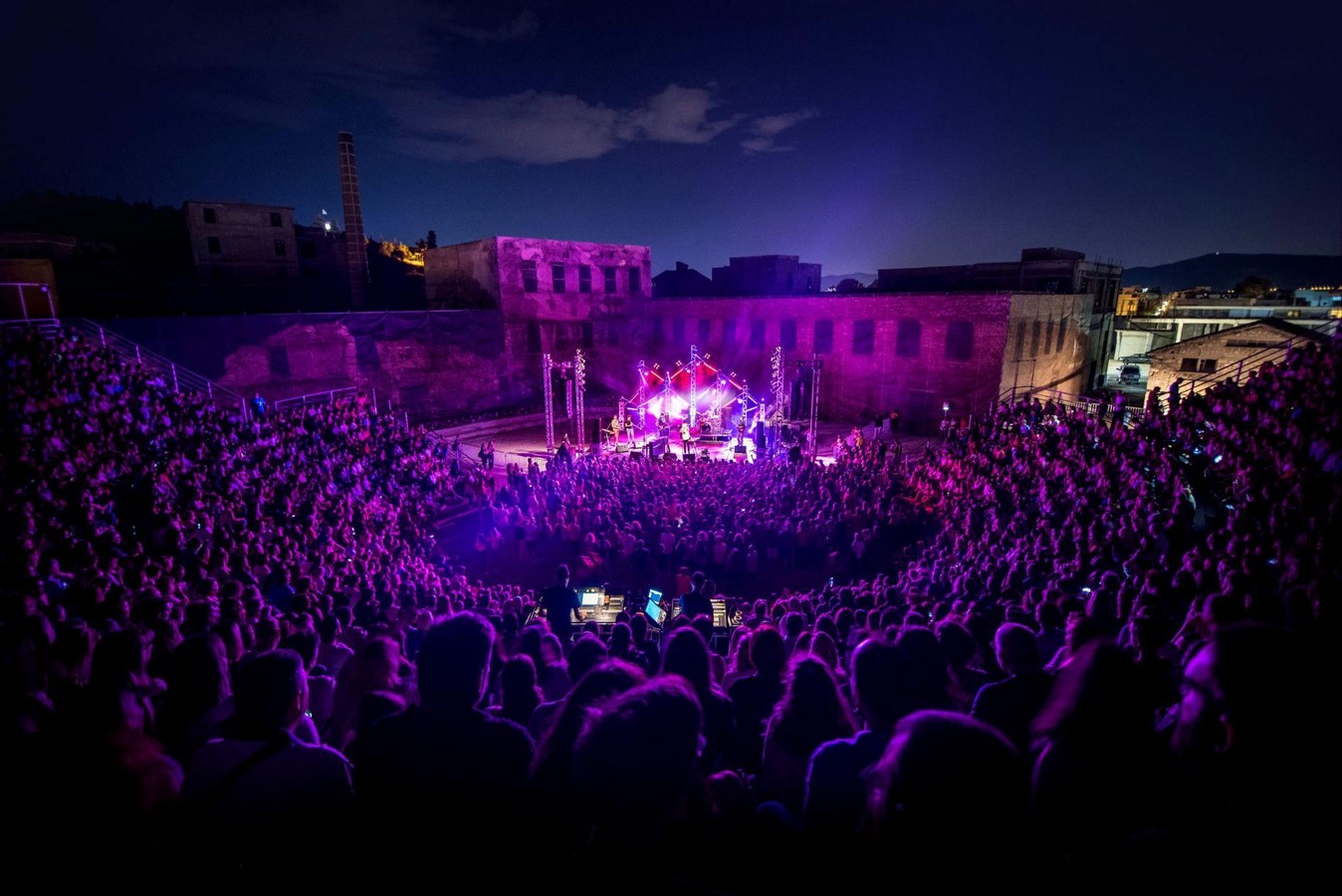
Impacts of European Capital of Culture Designation on Elefsina | Elefsina Greece
The impacts of Elefsina’s designation as a European Capital of Culture are far-reaching and have significantly impacted the town’s economy, cultural heritage, and artistic community. The designation has brought new funding and resources to Elefsina, which has helped support its cultural heritage and artistic community. Many of the town’s historic buildings and cultural sites have been restored and renovated as part of the European Capital of Culture program. The town has seen an increase in tourism since being named a European Capital of Culture, which has helped boost the town’s economy.
As part of the European Capital of Culture program, many of Elefsina’s historic buildings and cultural sites have been restored and renovated, ensuring the preservation of the town’s cultural heritage. The restoration and renovation work has been extensive, with many buildings receiving new roofs, floors, and facades. Some of the most important restoration works include: the Sanctuary of Demeter and Kore, the Elefsina Archaeological Museum, and the Old Olive Oil Mill. The restoration work has been carried out with the utmost respect for the town’s cultural heritage and traditions and has helped to create a sense of pride and ownership among the local community.
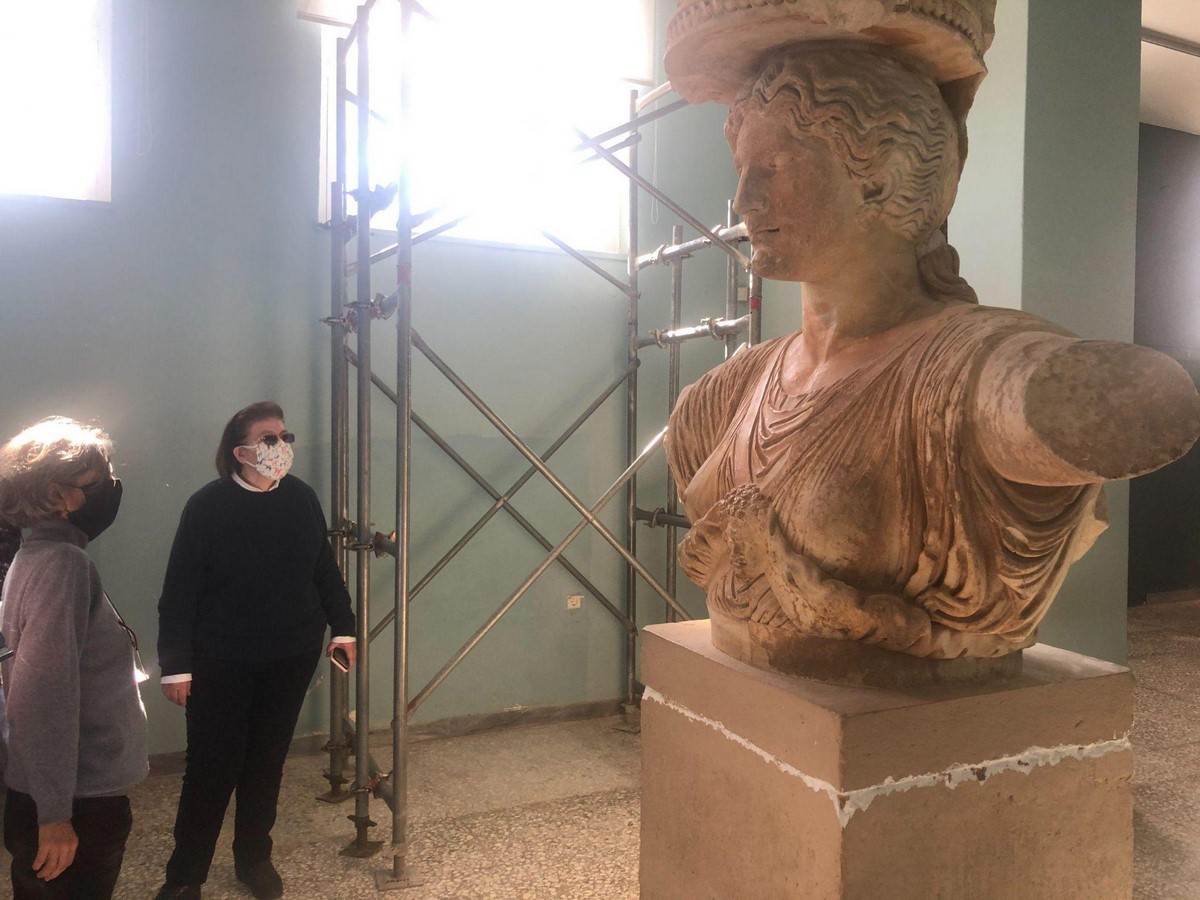

Overall, the increased tourism to Elefsina has positively impacted the town’s economy, creating new opportunities for the local community and helping preserve the town’s cultural heritage. The town’s designation as a European Capital of Culture firmly put it as a cultural destination on the map. It has helped to ensure its continued relevance and significance in art and culture.
Conclusion
In conclusion, Elefsina’s designation as a European Capital of Culture in 2021 is a testament to the town’s rich cultural heritage and thriving artistic community. Its history as a religious center in ancient Greece and the legacy of the Eleusinian Mysteries have been preserved and celebrated through its designation as a European Capital of Culture. Elefsina’s diverse and inclusive artistic community has been strengthened by the designation and has led to the organization of many new cultural events and festivals. The impacts of Elefsina’s designation as a European Capital of Culture have been far-reaching. They have brought new funding and resources to support the town’s cultural heritage and artistic community. Elefsina is a shining example of a small town with a rich cultural heritage and a vibrant artistic community. Its designation as a European Capital of Culture has helped it continue to thrive and inspire visitors worldwide.
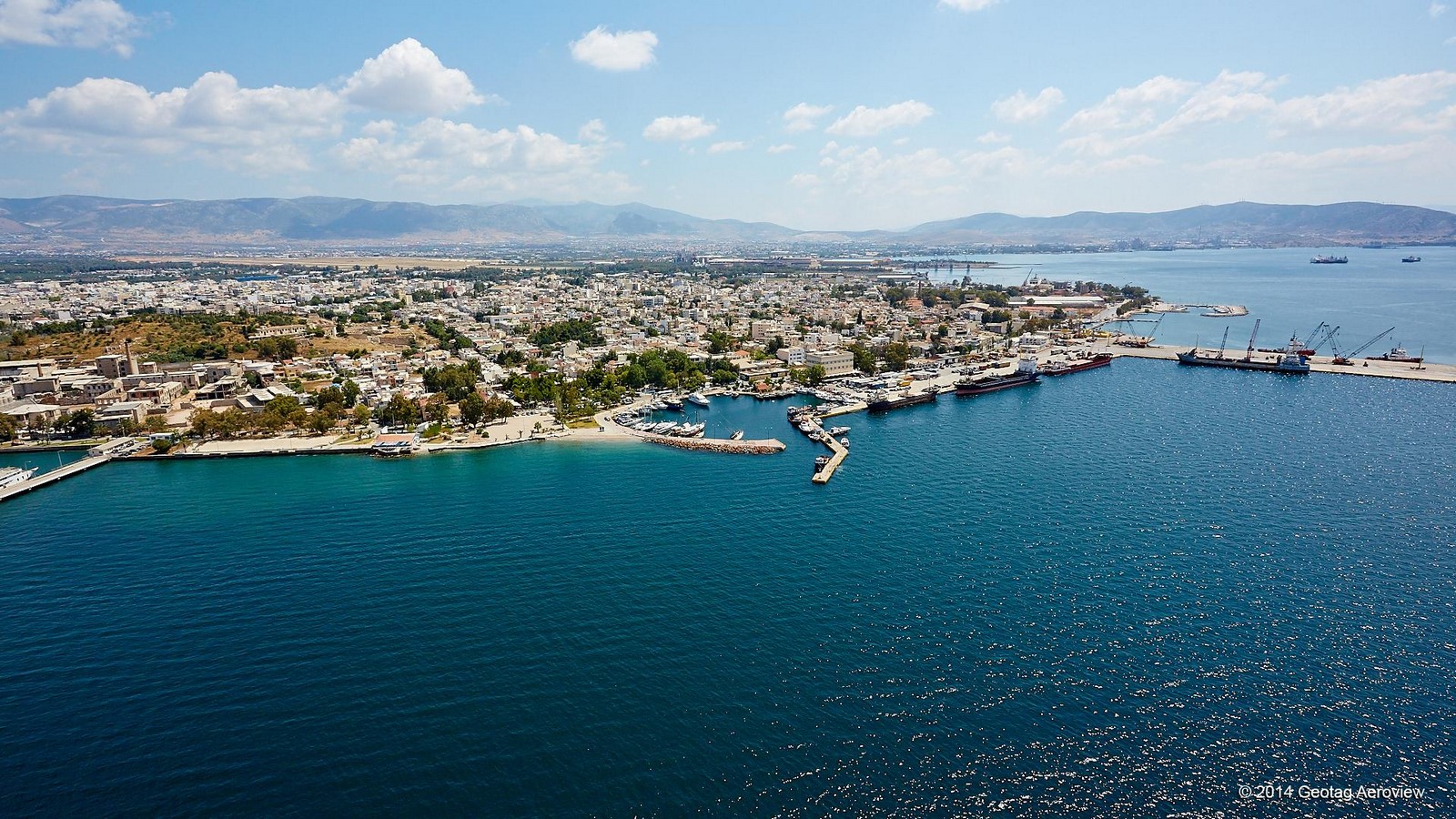
Reference List:
- Arilena (2023) 2023 eleusis transforms Elefsina into a big visual arts scene, 2023 ΕΛΕVΣΙΣ. Available at: https://2023eleusis.eu/en/2023-eleusis-transforms-elefsina-into-a-big-visual-arts-scene/ (Accessed: March 19, 2023).
- Athens (2019) Aeschylia festival in Elefsina, Athens Attica. Athens Attica. Available at: https://athensattica.com/aeschylia-festival-in-elefsina/ (Accessed: March 19, 2023).
- Elefsina European Capital of Culture 2023 – culture.ec.europa.eu (no date). Available at: https://culture.ec.europa.eu/sites/default/files/2022-12/ecoc2023-elefsina-third-monitoring-report.pdf (Accessed: March 19, 2023).
- Elefsina’s Old Oil Mill to become an archaeological museum (2021) GTP Headlines. Available at: https://news.gtp.gr/2021/02/22/elefsinas-old-oil-mill-become-archaeological-museum/ (Accessed: March 19, 2023).
- European Capital of Culture Elefsina aims to boost flagging fortunes (2023) euronews. Available at: https://www.euronews.com/culture/2023/03/14/greeces-elefsina-targets-revival-dreams-through-european-capital-of-culture-status (Accessed: March 19, 2023).
- The history of elefsina (2022) 2023 ΕΛΕVΣΙΣ. Available at: https://2023eleusis.eu/en/the-city/ (Accessed: March 19, 2023).
- Nayeri, F. (2022) The Athens Art Scene Goes Contemporary, The New York Times. The New York Times. Available at: https://www.nytimes.com/2022/06/23/arts/athens-art-scene.html (Accessed: March 19, 2023).




















